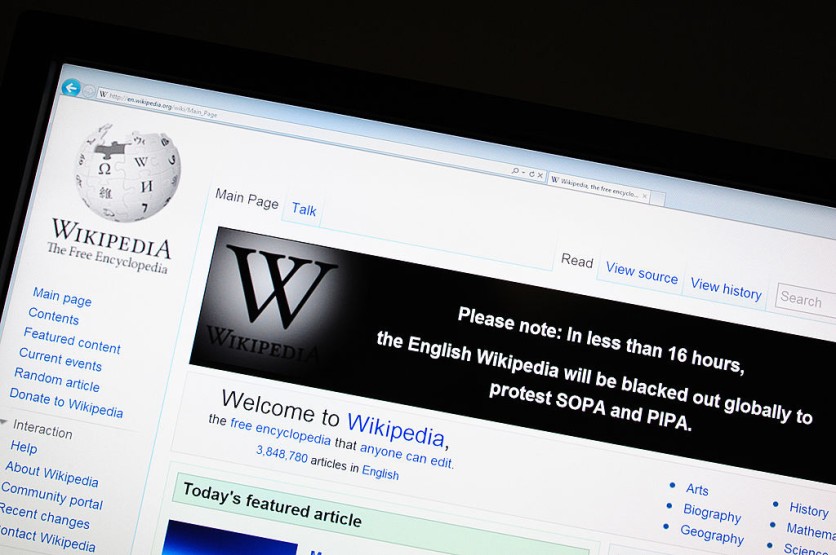Verifying the credibility of information on Wikipedia can be a challenging task, underscoring the importance of referencing original sources listed in the footnotes. However, even primary sources may contain inaccuracies.

Enhancing Wikipedia's Reference Reliability
To address this concern, Engadget reported that researchers have developed an AI system known as SIDE, with a dual purpose: to assess the accuracy of primary sources and to propose new ones.
It is important to note that SIDE operates under the presumption that claims on Wikipedia are accurate, meaning it can scrutinize source validity but is unable to independently verify the claims within an entry.
In a study, participants demonstrated a preference for the AI's suggested citations over the original ones in 70 percent of cases. In nearly 50 percent of instances, SIDE recommended sources already utilized as primary references on Wikipedia. Furthermore, in 21 percent of cases, SIDE's recommendations aligned with those made by human annotators in the study.
The tool has the potential to streamline the work of Wikipedia editors and moderators in their efforts to validate the accuracy of entries. However, the effectiveness of this tool largely depends on its correct deployment, according to Aleksandra Urman, a computational communication scientist at the University of Zurich, Switzerland.
She highlights its utility in identifying citations that may not align with Wikipedia's standards. Nevertheless, the crucial question remains whether the Wikipedia community deems it the most valuable resource.
Urman underscores that during testing, Wikipedia users exhibited a preference for neither the AI-suggested references nor the original ones, with twice as many users opting for neither. This suggests that in such instances, they would still opt to independently seek out the relevant citations online.
Acknowledging Limitations
While the AI demonstrates its potential to aid editors in verifying Wikipedia claims, Nature reported that the researchers acknowledge that alternative programs may surpass their current design in terms of both quality and speed. It's important to note that SIDE has limitations, particularly in its focus on web page references.
In reality, Wikipedia relies on a variety of sources, including books, scientific articles, and multimedia content such as images and videos. Furthermore, Phys reported that Wikipedia's open nature allows anyone to contribute references to a topic, which introduces the possibility of bias based on the subject matter.
The researchers also suggest that the study's scope may be restricted by the inherent dynamics of Wikipedia itself. Although a valuable tool for fact-checking, the SIDE program is not immune to potential biases in its training data and the limitations of its design.
Despite these challenges, the application of AI in fact-checking holds great promise in addressing the spread of misinformation on platforms like Wikipedia and social media.
It's crucial, especially given recent events such as the Israel-Hamas conflict and upcoming US elections. AI tools like SIDE can play a role in countering misinformation, but there's room for further advancements in this field.
Related Article : Russia Fines Wikipedia for Refusing to Delete Ukraine Invasion Article

ⓒ 2026 TECHTIMES.com All rights reserved. Do not reproduce without permission.




